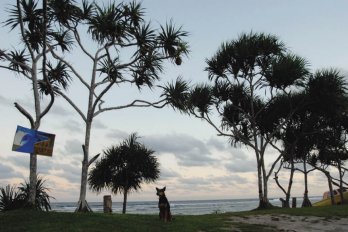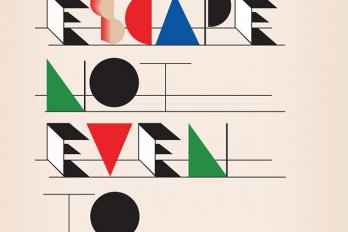You will learn to look on every city as Venice,
stone lofted for a while as sun-draped statue before
the tide grinds it to sand. Viewed through the telescopic
glass of geology, mountains collapse to seabeds,
reptiles leave to return as hummingbirds, scallop shells
arise in their brittle white gowns to haunt hilltops banked
over the bones of whales. Yet now, alift with earthquake,
floating on dry land is new to you: “Earth, the emblem
of all that is solid, moves beneath our feet, a crust
over a fluid.” You are a skater on wafer-
thin ice, or a ship skidding over a cross-ripple.
The cathedral’s portal, tilted seawards, is a prow
of arched oak scudding over bobbing rubble. So much
for founding a church on a rock, you think, when keystones
founder, crack, split, fragment. Even the hand-picked Peter
broke in a single night, cock-crow finding him marooned
in a wreckage of denial. Yet if you could call
together all the coloured crystals of the east wall’s
stained glass window — most benign form of rock, stone’s thinnest shadow,
now shattered to stardust — you would see your life’s and this moment’s discoveries lightly prefigured
in the image of another storm-tossed man whose feet
tested earth’s rocky sediment and found it seafoam,
walking on water as you do now, as we all do.





